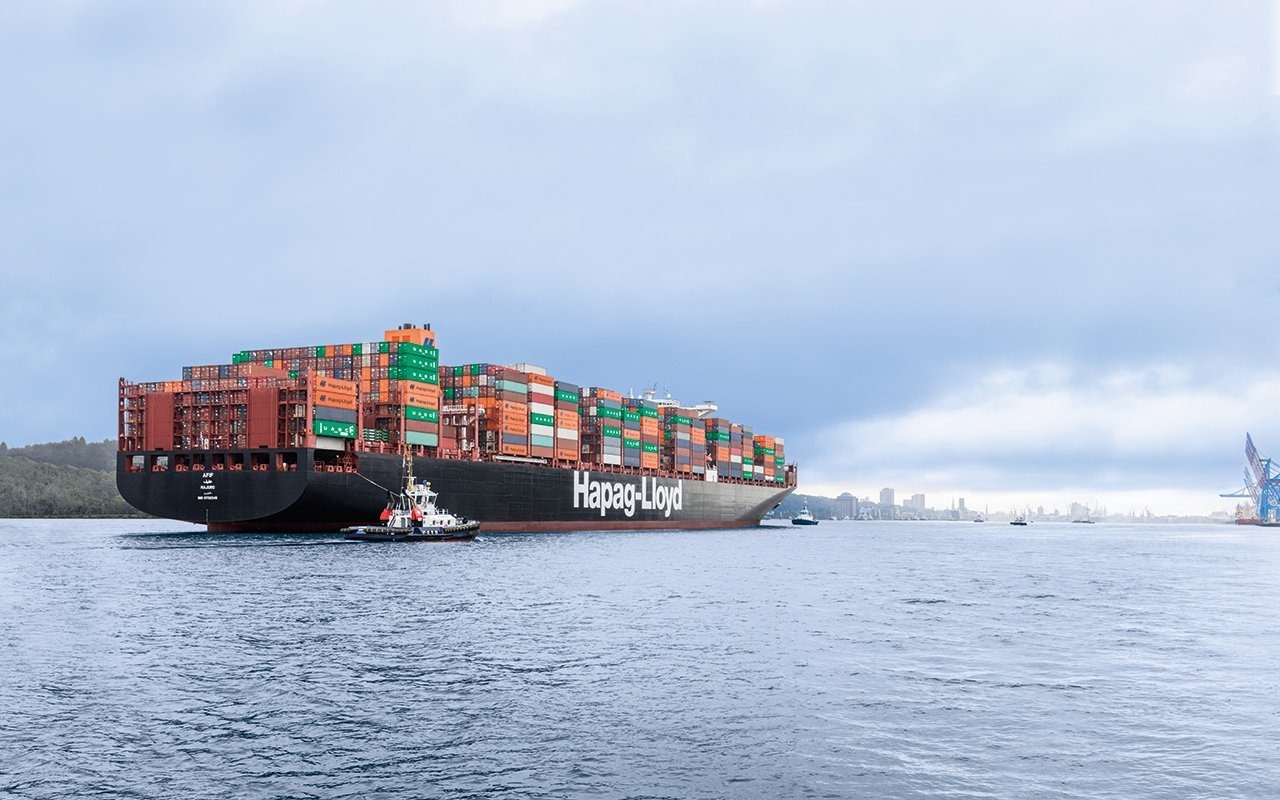Our three scenarios for the container shipping sector in 2024
2min
Published at 03/01/2024
Updated at 03/01/2024
All our
articles




